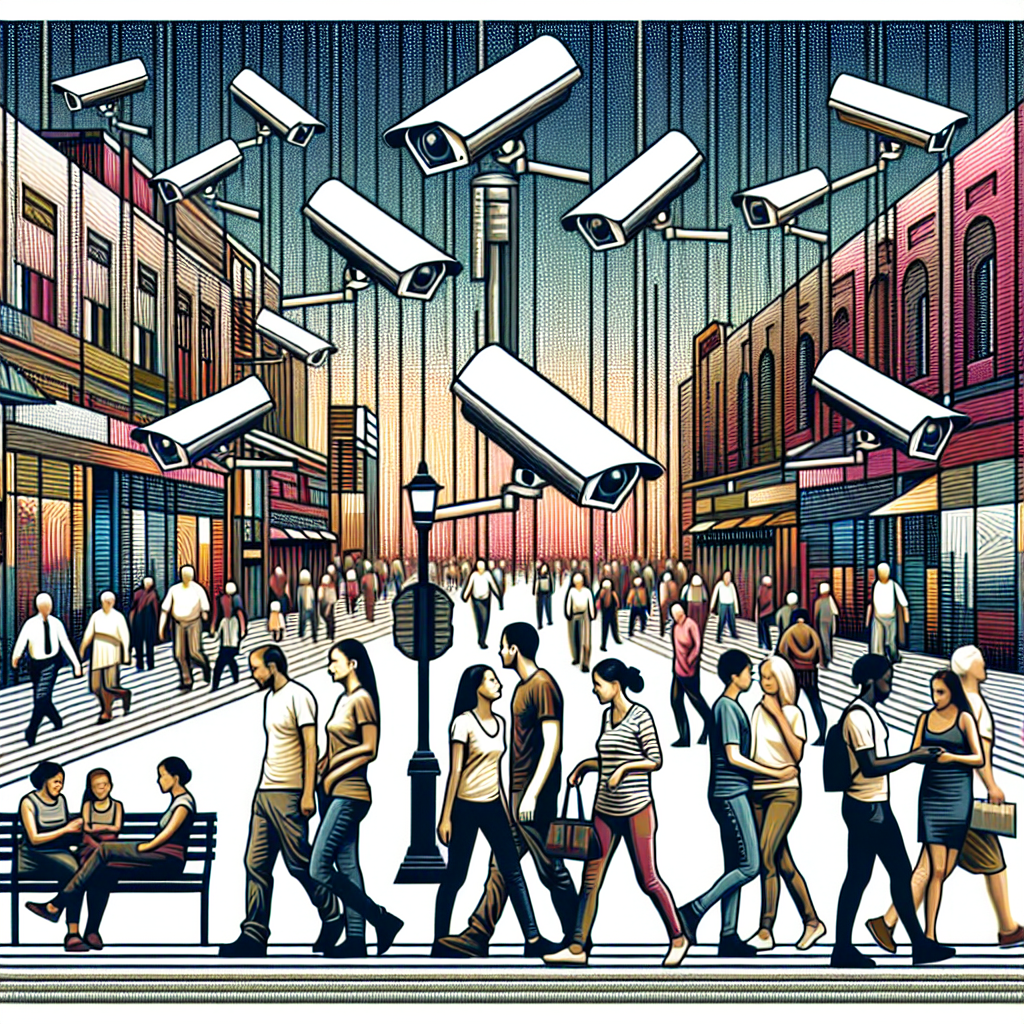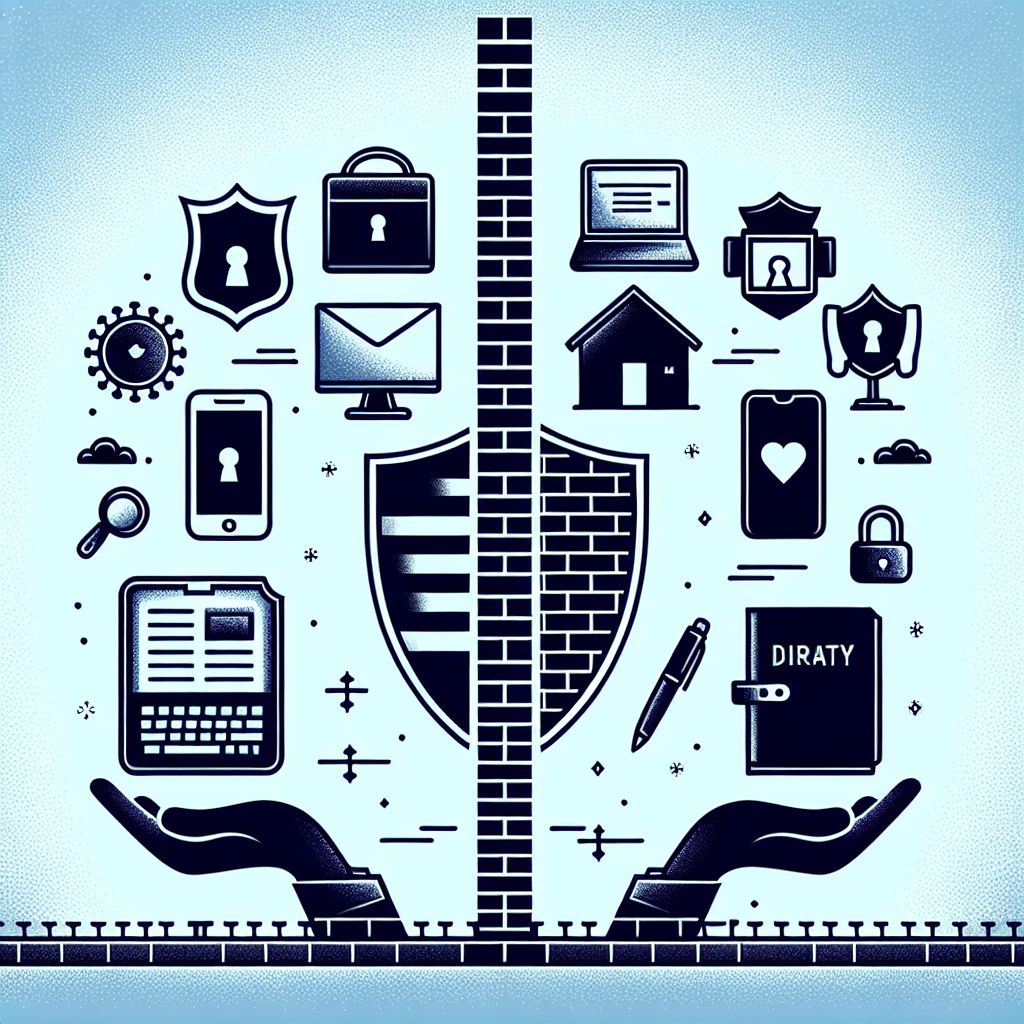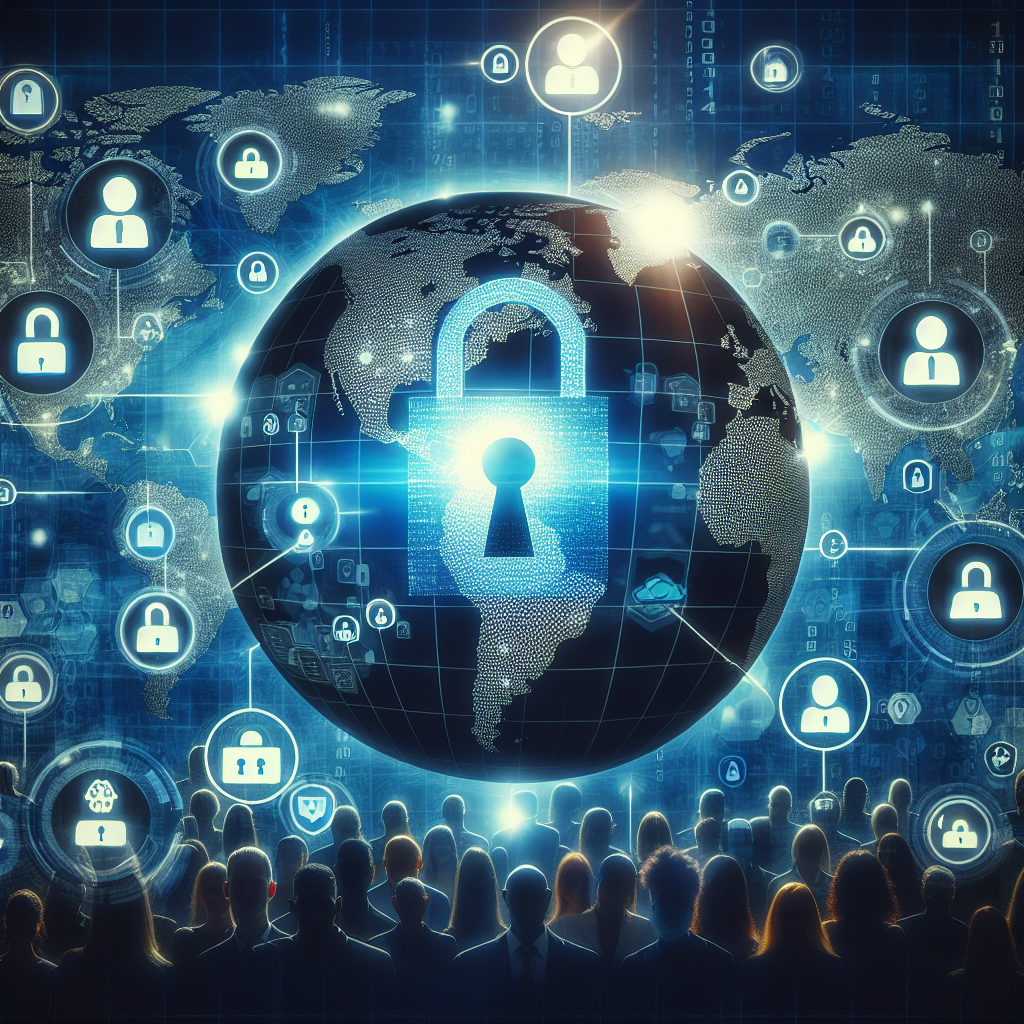Understanding Government Overreach in Surveillance
Definition and Context of Surveillance Overreach
Government surveillance has become an increasingly heated topic in recent years, particularly with advancements in technology that permit unprecedented access to personal information. Surveillance refers to the monitoring of behavior, activities, or information for the purpose of influencing, managing, or protecting people. When this power is abused or overextended, it leads to government overreach, where the state intrudes excessively into citizens’ private lives.
Surveillance instruments range from CCTV cameras in public spaces to digital tracking of online activities. The capacity for surveillance has risen significantly, thanks to developments in artificial intelligence, big data, and cloud computing. While governments often argue that such measures are necessary for national security and crime prevention, the potential consequences of overreach are profound.
Erosion of Privacy Rights
The most immediate consequence of government overreach in surveillance is the erosion of privacy rights. The right to privacy is a fundamental human right, enshrined in various international laws and conventions. When governments engage in unchecked surveillance, it jeopardizes citizens’ privacy, making them feel exposed and vulnerable.
Widespread surveillance can lead to a chilling effect, where individuals alter their behavior because they know they are being watched. This behavior modification can stifle creativity, free expression, and dissent, ultimately undermining the democratic process. As citizens become wary of expressing opinions, engaging in political discourse, or participating in protests, a culture of conformity develops, eroding the foundational values of a free society.
Impact on Freedom of Expression
Surveillance is particularly concerning in its potential to restrict freedom of expression. In a society where individuals are aware that their communications are being monitored, they may hesitate to express controversial ideas or challenge the status quo. This self-censorship undermines democratic ideals, the free press, and the diverse exchange of ideas necessary for a healthy civic environment.
Historically, oppressive regimes have employed surveillance techniques to quash dissent, curtail public mobilization, and limit public discourse. More recently, numerous reports have indicated that governments worldwide utilize mass surveillance to monitor activists, journalists, and opposition voices, often leading to intimidation and further silencing.
Disproportionate Targeting of Marginalized Groups
Government surveillance can disproportionately affect marginalized communities. Historically, racial, ethnic, and religious minorities have often been subjected to more intense surveillance, leading to a false sense of suspicion by authorities. For example, data indicate that Muslim communities have been disproportionately targeted under various anti-terrorism initiatives, leading to a climate of fear and mistrust.
Such disproportionate targeting is not only unjust but also fosters systemic racism and inequality. The resulting harassment and discrimination can fragment community cohesion, deepen societal divides, and create further civil unrest. Surveillance thus serves not only as a tool of monitoring but as a weapon against specific demographic groups, perpetuating cycles of oppression.
Data Vulnerability and Security Risks
With increasing government surveillance comes the accumulation of vast amounts of data, often stored in centralized databases. This data, if inadequately protected, represents a prime target for cyberattacks. When governments fail to implement robust cybersecurity measures, the risk of data breaches escalates dramatically, exposing sensitive information of millions of citizens.
When personal data falls into the wrong hands, it can lead to identity theft, financial ruin, or even physical danger. Government overreach in surveillance, therefore, not only violates privacy but also places citizens at risk by compromising their data security. The implications reach far beyond simple data loss; they may include long-term ramifications on an individual’s reputation, employment opportunities, and well-being.
The Slippery Slope of Legislation
Government overreach in surveillance also leads to the creation of a slippery slope concerning legislation and public policy. Many measures justified in the name of national security, such as the USA PATRIOT Act, often expand the powers of government agencies in ways that permanently alter the legal landscape. Such legislation frequently enables covert surveillance practices without sufficient oversight or accountability.
Excessive legal powers granted to government entities can foster a culture of impunity. When agency operatives feel emboldened by legislative backing to engage in invasive surveillance practices, the potential for abuse escalates. The lack of checks and balances may ultimately jeopardize democratic oversight, with permanent repercussions for civil liberties.
The Role of Technology in Surveillance Overreach
The rise of advanced surveillance technologies has contributed significantly to government overreach. Tools such as facial recognition, predictive policing algorithms, and drone surveillance enable governments to monitor citizens in ways previously unimaginable. While these technologies may offer certain efficiency advantages, their misuse poses dire threats to personal freedoms.
Facial recognition technology, for instance, can identify individuals in public spaces, linking their movements with databases to track their behavior. This level of monitoring can instill fear within citizens, creating a society where public spaces become extensions of surveillance state tactics. Moreover, the accuracy of such technologies is often questioned, with biases in AI algorithms leading to false identifications and misdirected law enforcement efforts.
Resistance and Advocacy
Pushback against government overreach in surveillance has emerged from various sectors, including civil liberties organizations, tech advocates, and grassroots movements. Lobbying efforts centered around privacy reforms have gained traction, with campaigns calling for more robust data protection laws, oversight mechanisms, and transparency in governmental operations.
Advocates for privacy rights urge citizens to be vigilant about surveillance practices, informed about their rights, and engaged in civic advocacy to ensure their voices are heard. Legal challenges have also emerged, often targeting overreaching surveillance legislation that violates constitutional rights. These efforts highlight the importance of a collective response to ensure that the fundamental rights of citizens are protected in the face of increasing surveillance.
The Global Perspective on Surveillance Overreach
Recent trends indicate that surveillance overreach is not solely a phenomenon of any single country; it has emerged as a global issue. Democratic nations increasingly adopt extensive surveillance measures, often justified by the necessity of national security. In contrast, authoritarian regimes exploit the narrative of public safety to facilitate oppressive surveillance practices.
International bodies, such as the United Nations, are beginning to confront the implications of government surveillance on human rights. Efforts to establish global norms for digital privacy and the responsible use of surveillance technologies are gaining momentum, advocating for the establishment of safeguards against government overreach.
Conclusion
The consequences of government overreach in surveillance touch nearly every aspect of society, affecting privacy rights, freedom of expression, marginalized communities, and data security. The implications extend beyond immediate harm, affecting the overall structure and function of democratic societies. Building a collective understanding of these risks is vital for fostering robust advocacy and accountability. The responsibility lies with citizens, lawmakers, and civil society organizations alike to confront these issues and work toward a more equitable and free society in the face of surveillance overreach.













Leave a Reply